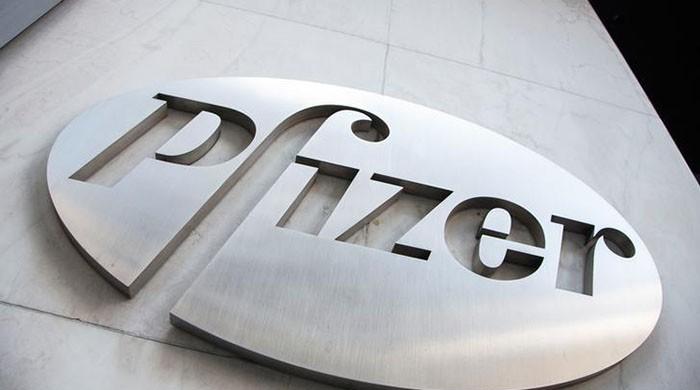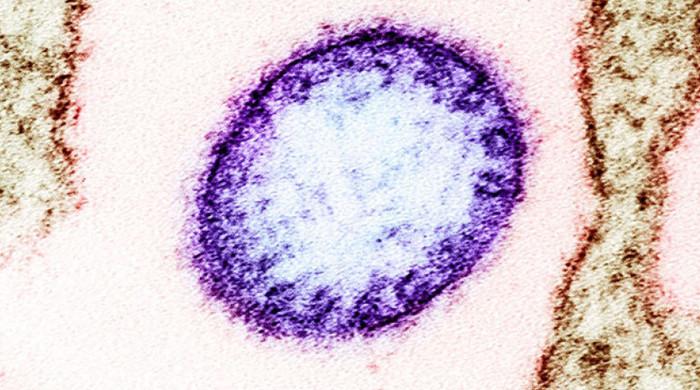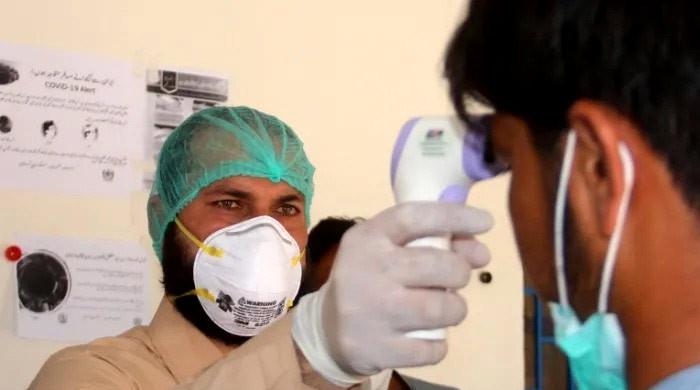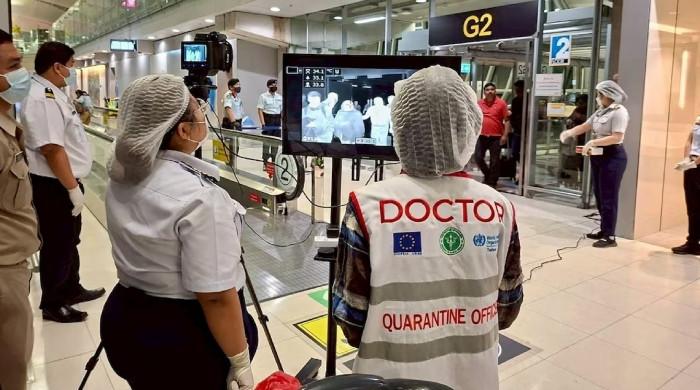Pfizer's Herceptin biosimilar succeeds in key breast cancer study
"Several companies are developing bio similar versions of top-selling biotech drugs"
December 01, 2016

Pfizer Inc said on Wednesday its experimental bio similar of Roche Holding AG's blockbuster breast cancer treatment Herceptin was found comparable with the branded version in a key study.
Biotech drugs such as Herceptin are made in living cells, and then extracted and purified. They are more complex than traditional drugs and cannot be copied with precision.
Unlike generic drugs, which are interchangeable with their branded counterparts, biosimilars approved by the US Food and Drug Administration to date are not considered interchangeable.
Several companies are developing bio similar versions of top-selling biotech drugs. The allure is clear, with insurers counting on the steep discounts. US pharmacy benefit managers are already trimming brand-name drugs from their rosters.
Pfizer tested the safety and effectiveness of the drug, PF-05280014, in combination with chemotherapeutic agent paclitaxel against Herceptin and paclitaxel in previously untreated patients with HER2-positive metastatic breast cancer.
Mylan NV asked US regulators earlier this month to approve its own bio similar form of Herceptin, being developed with India's Biocon Ltd, after it was shown to be similarly safe and effective as Roche's drug in a large late-stage study.
Amgen Inc and partner Allergan Plc are also racing to develop a Herceptin bio similar, which has shown it is comparable with the branded version in a late-stage trial.
Herceptin, which is also used to treat gastric cancer, generated global sales of more than $6.5 billion in 2015, making it one of Roche's top products.
Biosimilars are not expected to become available for at least another year or two in the United States. The US patent on Herceptin is slated to lapse in 2019, although some industry analysts believe a bio similar could be launched as soon as 2018.
Pfizer's stock little changed in early trading on Wednesday.











